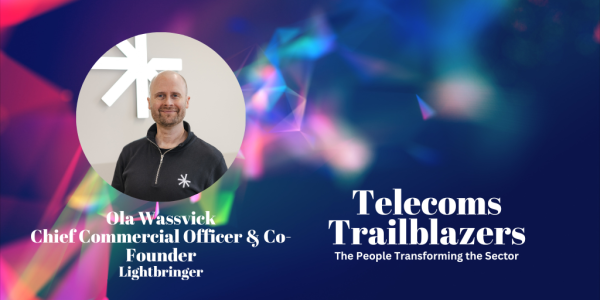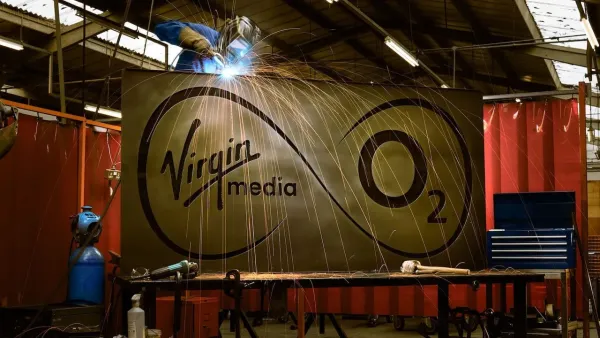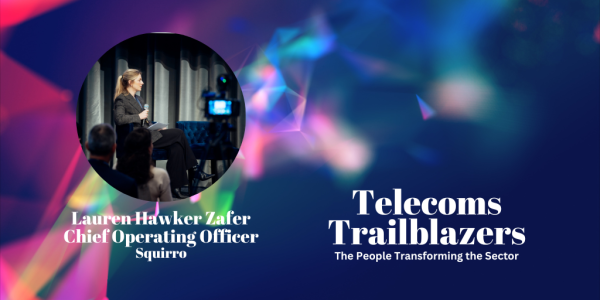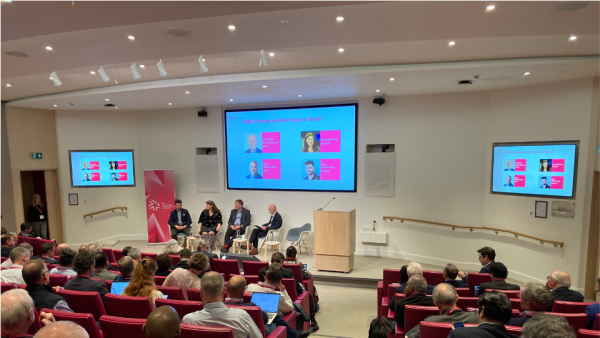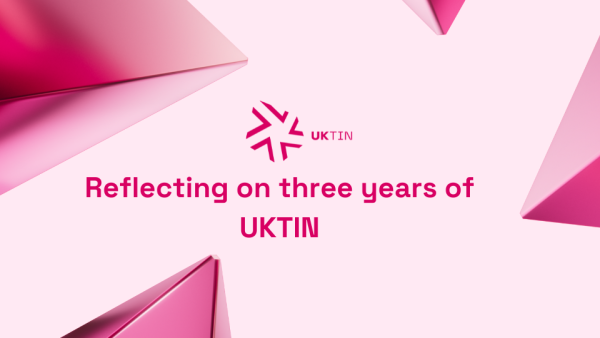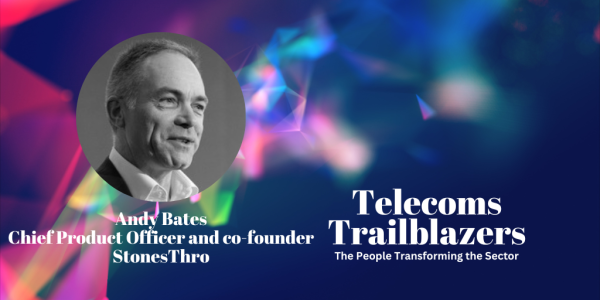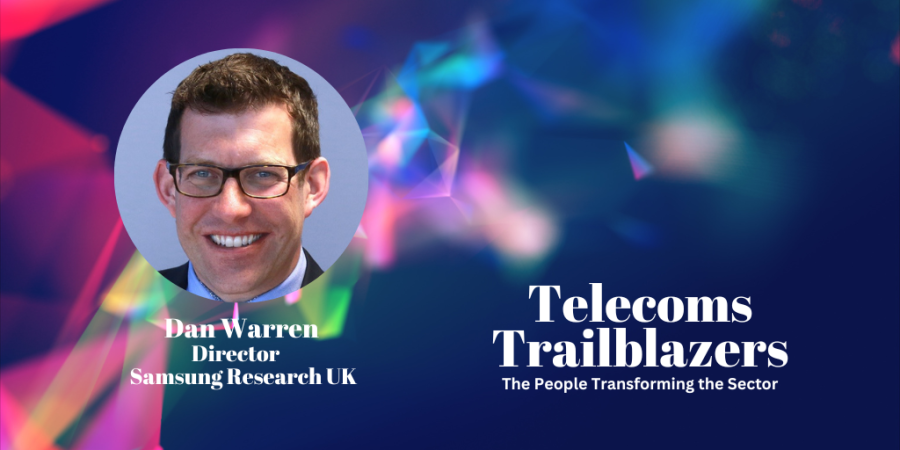
Hi, I’m Dan Warren, and I manage Samsung’s Communications Research team at Samsung Research UK. The team works on standardisation and European telecoms research, reporting to Samsung Research in Korea.
Our research work is greatly funded via external, collaborative projects, including two funded by the UK Government. We’ve been most active in REASON, led by the University of Bristol: the initiative is part of DSIT’s Future Open Networks Research Challenge, enabling industry and academia to develop future-facing open and interoperable solutions to diversify the UK’s telecom supply chain. The project’s funding began in February 2023 for two years but has been extended and will finish in December 2025.
Our work has focused on AI orchestration, which we then applied to split computing for AI models. The AI model is dynamically split, based on the network conditions, device capabilities and network resources, and the need for fast training. Once the optimal split for a specific situation is determined, the training of the AI is split between the ‘head’ on one device and the ‘tail’ on another. The model’s semi-trained state is transmitted across the network to deliver the fastest and most accurate results for any scenario. This maintains accuracy, but optimises resource utilisation and energy consumption
The implementation was demonstrated at Mobile World Congress 2025 through two use cases: a Nokia-led smart factory and the University of Bristol’s NERF-splatting-3D hologram automation model. The head of the model was trained on the device, and the tail was trained back in the network. The trained result was then transported back to where the results are used. The demos were repeated at the UK Connected Futures Festival. It was a great success.
What do you enjoy most about working in this space?
The collaborative nature of standardisation and research. Whilst you are working alongside your competitors, there is ultimately a common goal of defining ecosystem-generating technologies, for the benefit of consumers and industrial customers. There is an understanding that global telcos need a worldwide ecosystem, which allows telecoms to work in the way it does.
What’s the most ridiculous thing you’ve done in the name of work?
I visited Hong Kong for 16 hours. I landed at 6.30am, presented a Keynote at 9am, conducted a day of media interviews, and was back on the plane by 10pm.
Where do you see telecoms heading?
Mobile telecoms is at a watershed moment. 5G was predicated on generating new revenue streams for operators, particularly from business-to-business use cases. However, that B2B opportunity hasn’t manifested in the industry. There is a lot of complexity and risk. We are not yet at a point where we can de-risk the delivery of the technical requirements around service-level agreements for B2B use cases. We need to rethink things. As we have developed networks, we have layered additional complexity on top of what was originally a consumer service. We need AI, and we need flexibility. We should not be counting on a single network.
What would you like people to know about your work?
It’s easy for research work to become academic and theoretical, but my team always starts with a specific business requirement. This means we are tackling the fundamental challenges within the sector that prevent network operators from maintaining and increasing profitability, addressing new business opportunities, and efficiently managing their networks.
Why is a vibrant, flourishing telecoms ecosystem important for the UK?
Telecoms is a critical piece of infrastructure. We can’t imagine our lives without phones, mobile connections or WiFi. We can’t reverse that. We need to ensure a global ecosystem exists and must continue to leverage it. The UK has developed specific capabilities, particularly around AI, which can be exploited further on a global stage.

